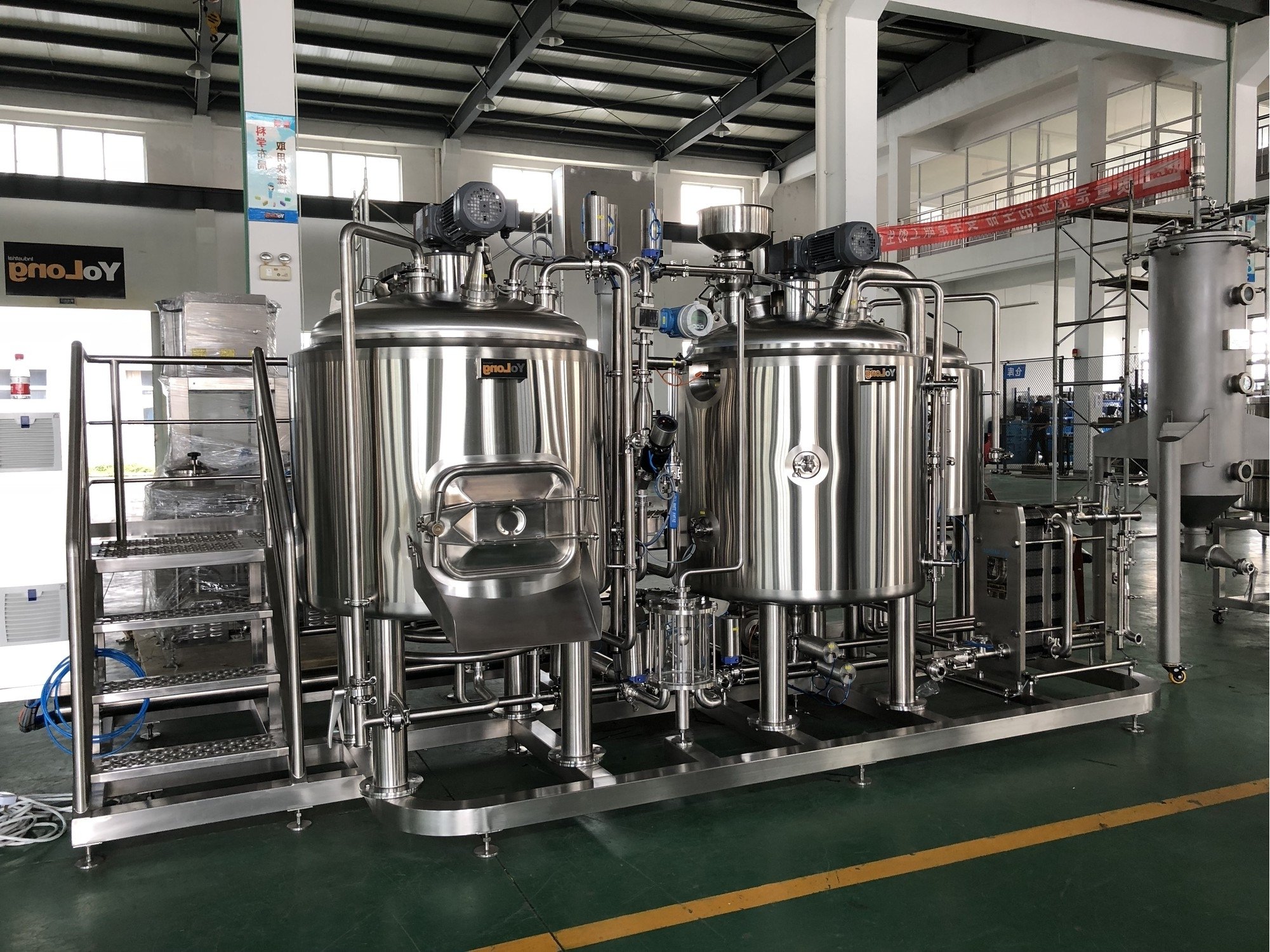Top 10 Beer Equipment Suppliers for Craft Breweries in 2025
Crafting the perfect beer is an art, and like any artist, a brewer needs the right tools. Whether you’re a homebrewing enthusiast or a commercial brewery owner, the quality of your beer equipment can make or break your final product. But with so many beer equipment suppliers out there, how do you choose the right one?
The Growth Trend of the Beer Industry
The beer industry has been on a steady rise, and it’s not just about the big players anymore. Craft breweries have exploded in popularity, with beer lovers craving unique, locally brewed flavors. According to the Brewers Association, the craft beer market share has grown significantly over the past decade, with thousands of new breweries popping up across the globe. This growth isn’t just a trend—it’s a movement. People are becoming more discerning about their beer, and they’re willing to pay a premium for quality.
But what does this mean for beer equipment suppliers? As the demand for craft beer grows, so does the need for high-quality brewing equipment. Whether it’s a small-scale homebrewing kit or a full-scale commercial brewing system, suppliers are stepping up to meet the needs of this booming industry. The competition is fierce, and that’s good news for brewers. With more options than ever, you can find equipment that fits your budget, space, and brewing style.
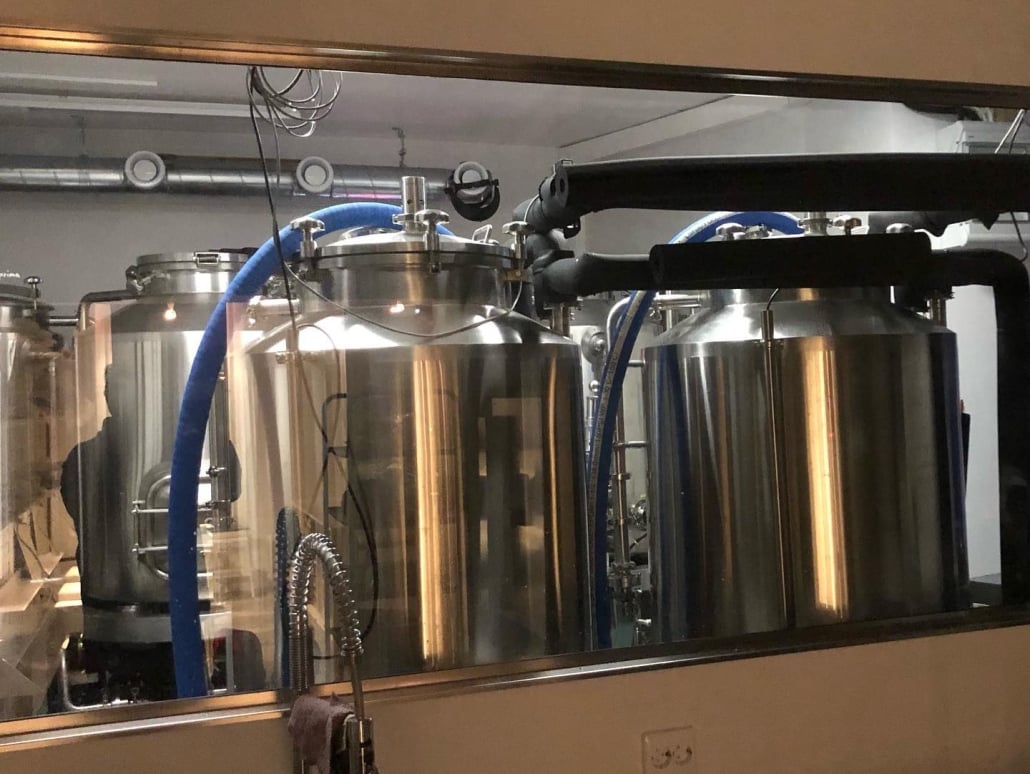
Why Is It Important to Choose a High-Quality Beer Equipment Supplier?
Imagine you’re a chef preparing a gourmet meal. You’ve got the freshest ingredients, the perfect recipe, and the skills to pull it off. But what if your knives are dull, your pots are flimsy, and your oven doesn’t heat evenly? No matter how talented you are, subpar tools will hold you back. The same goes for brewing beer.
Choosing a high-quality beer equipment supplier is crucial for several reasons:
- Consistency: Quality equipment ensures that your beer turns out the same every time. No one wants a batch of beer that’s great one day and mediocre the next.
- Efficiency: Good equipment is designed to make the brewing process smoother and faster. That means less time spent troubleshooting and more time perfecting your brew.
- Durability: Brewing equipment isn’t cheap, so you want something that will last. High-quality suppliers offer durable products that can withstand the rigors of brewing.
- Support: A reputable supplier will offer excellent customer service, helping you troubleshoot issues and providing guidance when you need it.
In short, skimping on equipment is a false economy. Investing in quality from the start will save you time, money, and frustration in the long run.
Types of Beer Equipment
Before you start shopping for a supplier, it’s important to know what kind of equipment you’ll need. Brewing beer is a multi-step process, and each stage requires specific tools. Here’s a breakdown of the essential types of beer equipment:
| Equipment Type | Description |
|---|---|
| Mash Tuns | Used for mashing, where grains are mixed with hot water to extract fermentable sugars. |
| Brew Kettles | Where the wort (unfermented beer) is boiled and hops are added for flavor. |
| Fermenters | Tanks where the wort ferments, turning into beer. Can be conical or cylindrical. |
| Bright Tanks | Used for conditioning and carbonating beer before packaging. |
| Chillers | Cool the wort quickly after boiling to prepare it for fermentation. |
| Pumps | Move liquids between tanks during the brewing process. |
| Filters | Remove sediment and clarify the beer before packaging. |
| Packaging Equipment | Includes bottling, canning, and kegging machines for final product distribution. |
Each piece of equipment plays a vital role in the brewing process, and the quality of each can impact the final product. For example, a high-quality fermenter will maintain the right temperature and pressure, ensuring a consistent fermentation process. On the other hand, a poorly made chiller might not cool the wort quickly enough, leading to off-flavors in your beer.
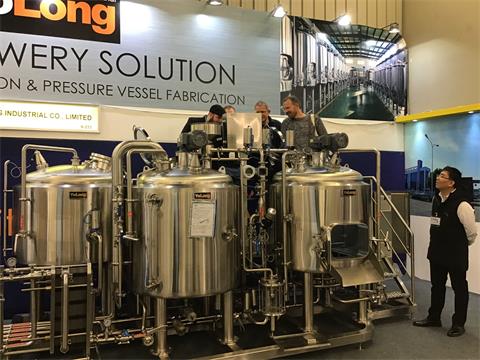
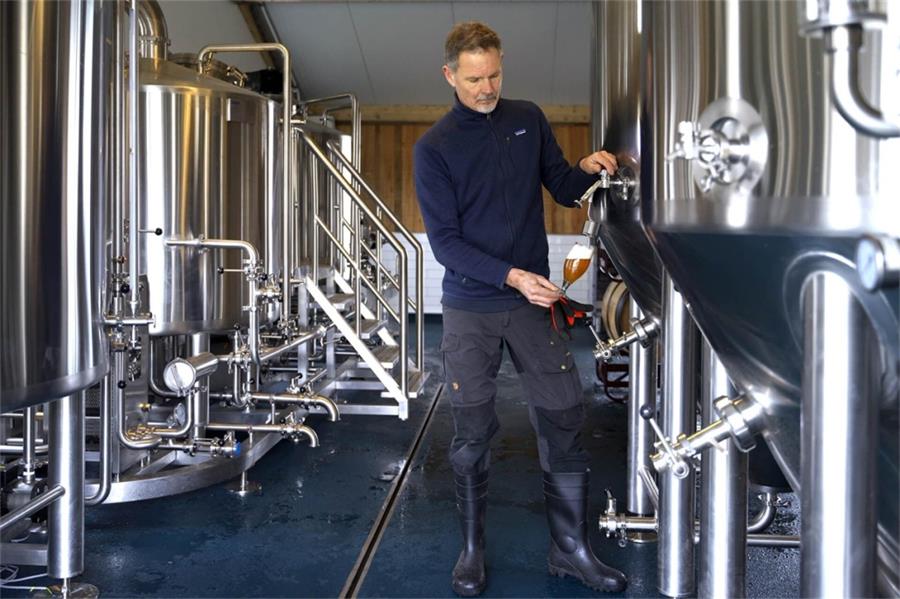
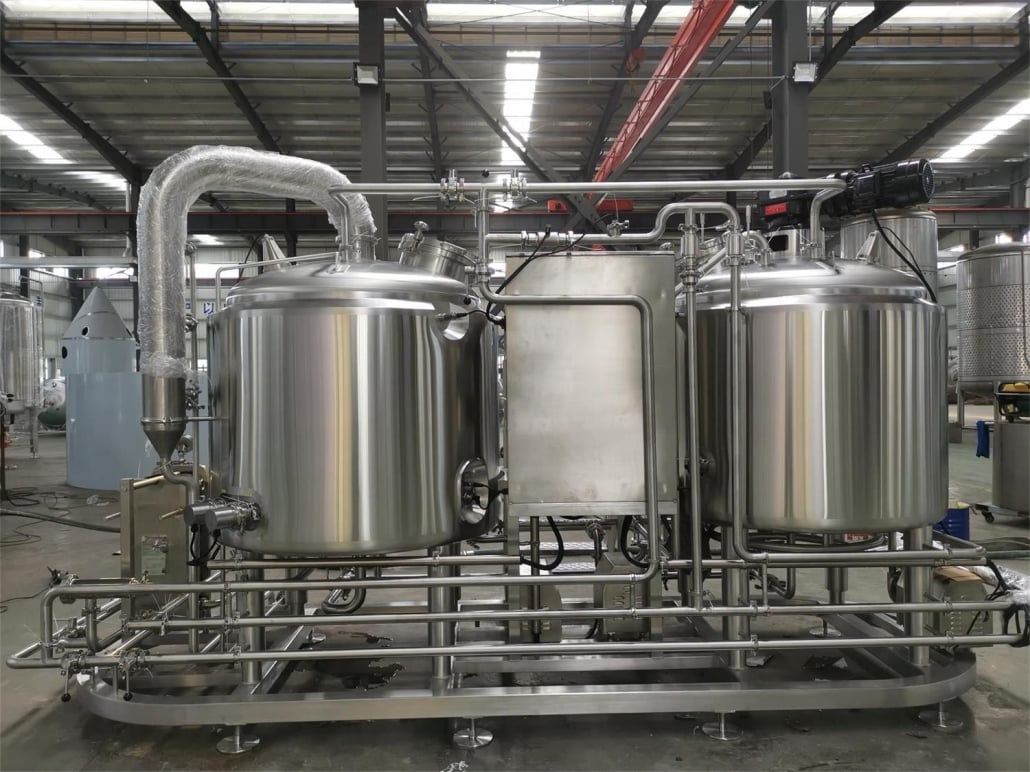
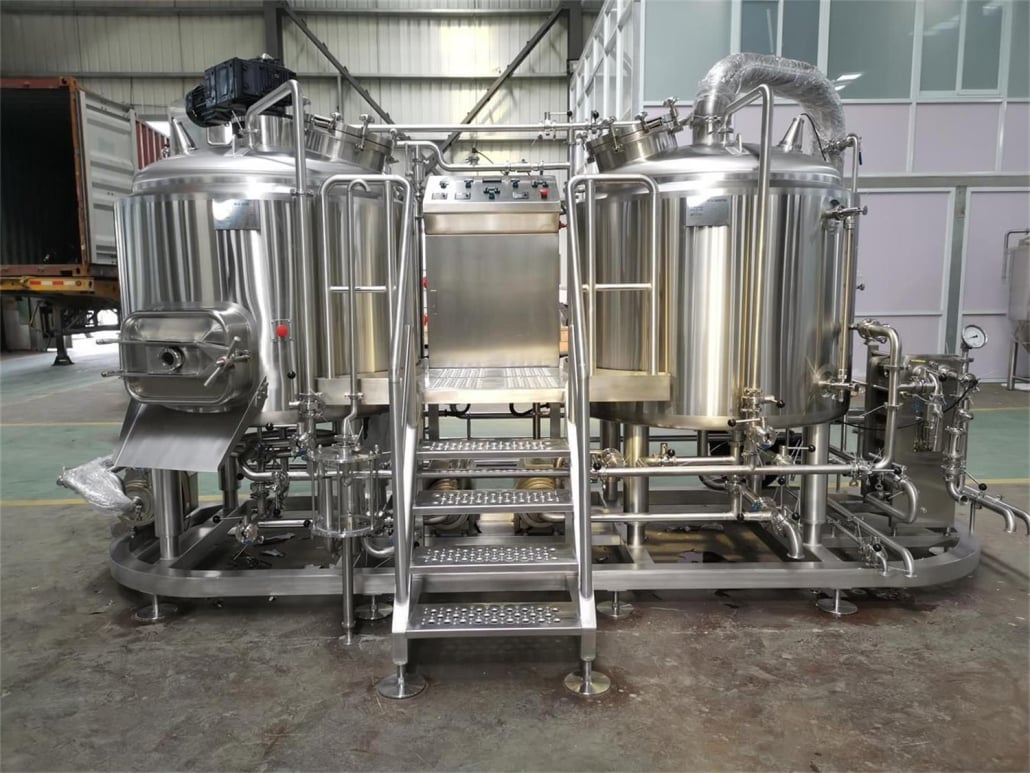
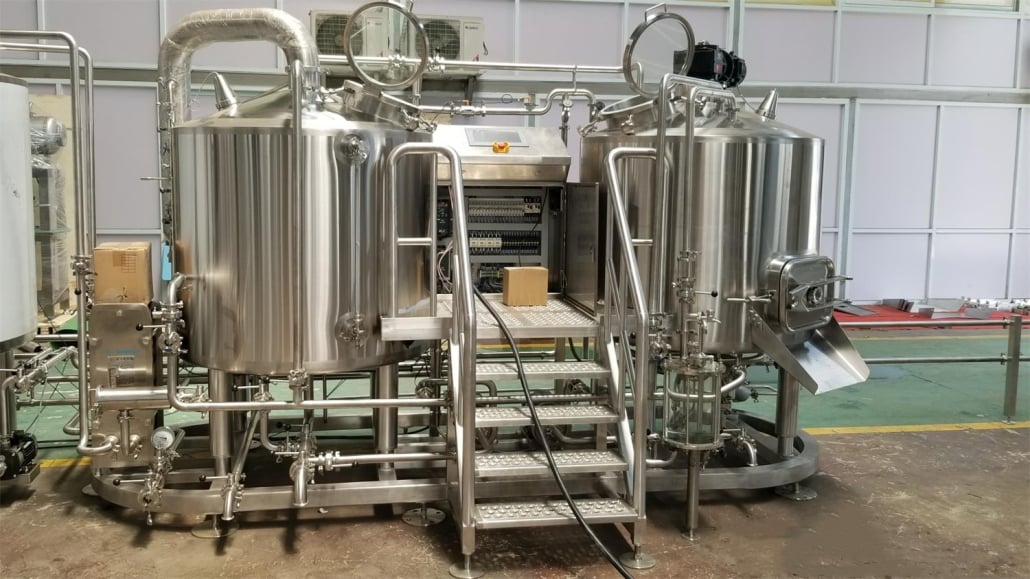
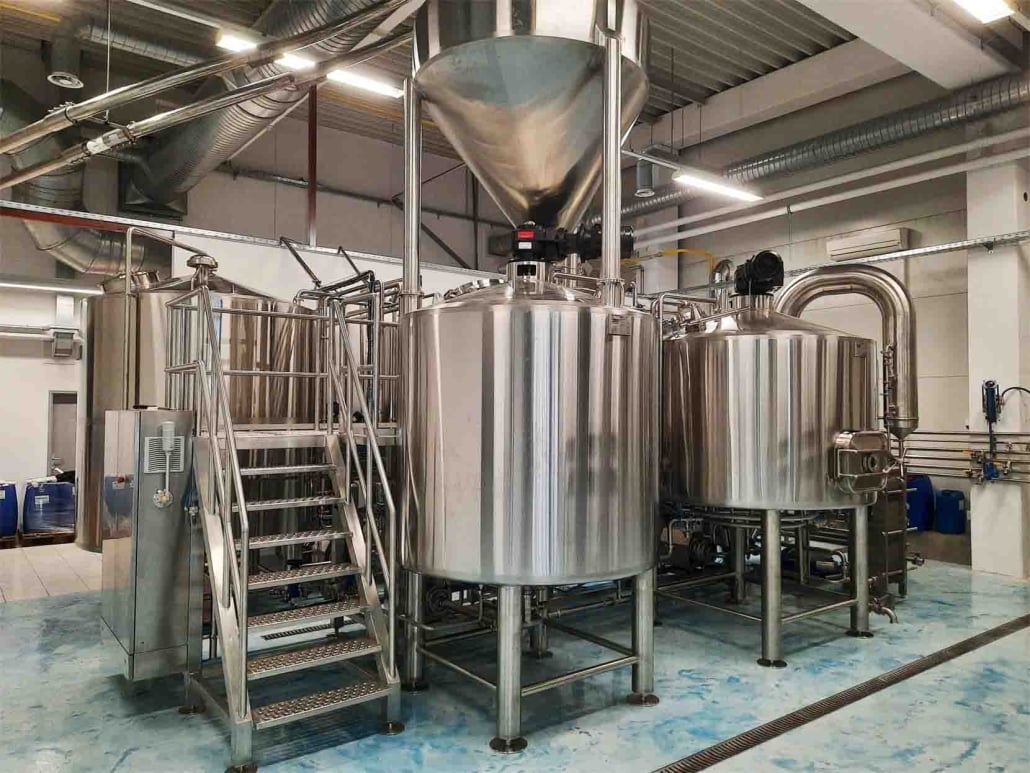
How to Choose a Beer Equipment Supplier
Choosing the right beer equipment supplier can feel overwhelming, but it doesn’t have to be. Here’s a handy table to guide you through the decision-making process:
| Factor | What to Look For |
|---|---|
| Reputation | Look for suppliers with positive reviews and a strong track record in the industry. |
| Product Range | Choose a supplier that offers a wide variety of equipment to meet your needs. |
| Customization | Some suppliers offer custom solutions tailored to your specific brewing setup. |
| Price | Compare prices across suppliers, but remember that quality often comes at a cost. |
| Support | Ensure the supplier offers robust customer service and technical support. |
| Warranty | A good warranty can save you from costly repairs down the line. |
| Shipping | Check delivery times and costs, especially if you’re ordering large equipment. |
When evaluating suppliers, don’t be afraid to ask questions. A good supplier will be happy to explain their products and help you find the right fit for your brewery.
Top Beer Equipment Suppliers
Now that you know what to look for, let’s take a closer look at some of the top beer equipment suppliers in the industry. These companies have earned their reputations by providing high-quality products and excellent customer service.
| Supplier | Key Features |
|---|---|
| Ss Brewtech | Known for innovative, high-quality stainless steel equipment. Great for small to medium-sized breweries. |
| Blichmann Engineering | Offers a range of equipment for homebrewers and professionals alike. Known for precision and durability. |
| Portland Kettle Works | Specializes in custom-built brewing systems. Ideal for breweries with unique needs. |
| GW Kent | A one-stop shop for brewing equipment, from kettles to kegs. Offers competitive pricing. |
| BrauKon | German-engineered equipment known for its efficiency and reliability. Popular among large-scale breweries. |
Each of these suppliers has its strengths, so your choice will depend on your specific needs and budget. For example, if you’re a homebrewer looking for a compact, easy-to-use system, Blichmann Engineering might be your best bet. On the other hand, if you’re running a large commercial brewery, BrauKon’s high-capacity systems could be a better fit.
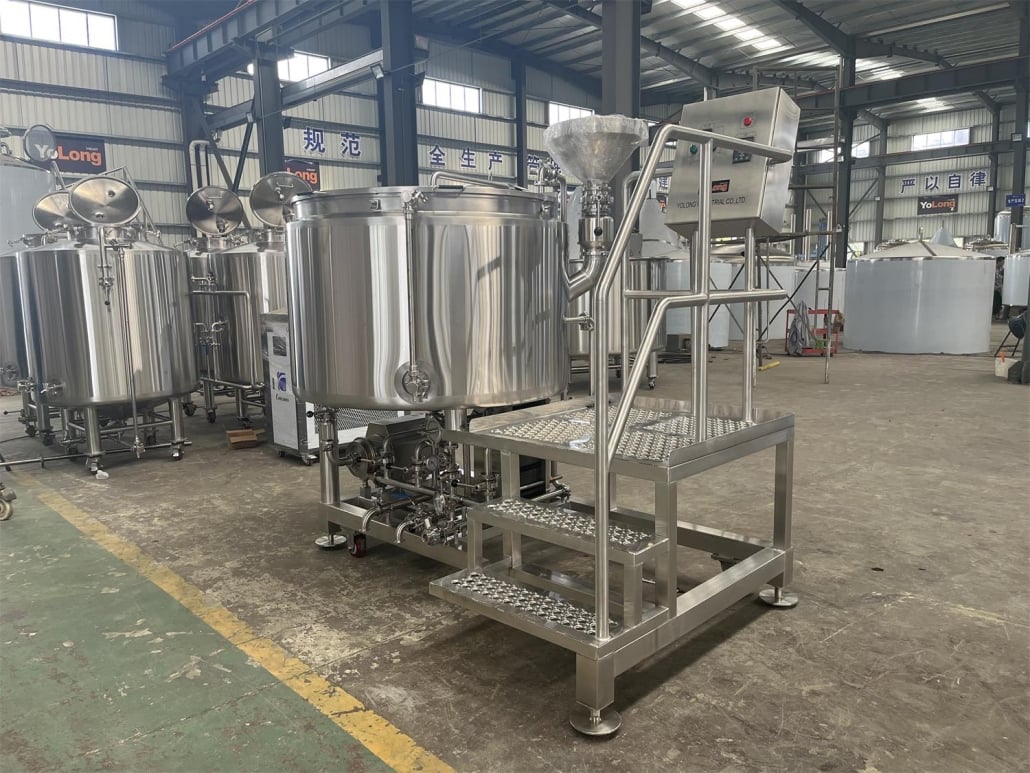
FAQ
Got questions? We’ve got answers. Here’s a quick FAQ to address some common queries about beer equipment suppliers.
| Question | Answer |
|---|---|
| What’s the difference between homebrewing and commercial brewing equipment? | Homebrewing equipment is smaller and simpler, designed for personal use. Commercial equipment is larger, more durable, and built for high-volume production. |
| How much does beer equipment cost? | Prices vary widely. A basic homebrewing kit can cost a few hundred dollars, while a full commercial system can run into the hundreds of thousands. |
| Can I customize my brewing equipment? | Yes, many suppliers offer custom solutions to meet your specific needs. |
| What’s the most important piece of brewing equipment? | It depends on your brewing process, but fermenters are often considered crucial because they directly impact the flavor and quality of your beer. |
| How do I maintain my brewing equipment? | Regular cleaning and sanitizing are key. Follow the manufacturer’s guidelines for maintenance. |
Additional FAQs About Beer Equipment Suppliers for Craft Breweries (2025)
1) How do I vet beer equipment suppliers beyond online reviews?
Request recent reference installs (within 18 months), ask for FAT/SAT documentation, check weld quality certifications (ASME, ISO 9001), and verify spare parts lead times in writing.
2) Should I prioritize a supplier with local service technicians?
Yes. Uptime depends on response time. For brewhouse/packaging lines, target <72-hour on-site response and remote diagnostics support.
3) What contract terms protect me when ordering custom systems?
Include performance guarantees (throughput, DO targets, kWh/hl), staged payments tied to milestones, penalties for missed delivery, and a detailed acceptance test plan.
4) Are turnkey packages better than mixed-brand systems?
Turnkey reduces integration risk and finger-pointing. Mixed-brand can be cost-effective but requires a capable integrator and clear IO lists/P&IDs.
5) How can small breweries manage cash flow when buying equipment?
Use operating leases or vendor financing, phase installation (start with 2-vessel brewhouse + cellar; add packaging later), and seek utility rebates for energy/water-saving features.
2025 Industry Trends Impacting Beer Equipment Suppliers
- Smart-ready equipment: PLC/HMI with cloud telemetry, predictive maintenance, and inline QA (DO, turbidity) are becoming standard offers.
- Sustainability as a requirement: Buyers request heat recovery, high-efficiency motors/VFDs, and low-water CIP to meet ESG goals and qualify for rebates.
- Shorter lead times via modular skids: Suppliers pre-build and test skid modules to cut install time and commissioning risk.
- Financing and service contracts: More suppliers bundle multi-year service SLAs and financing to reduce buyer capex hurdles.
- Packaging flexibility: Higher demand for quick-change can/bottle lines and low-oxygen seaming performance guarantees.
Supplier Landscape & Buyer Benchmarks (2024–2025)
| Metric | 2024 | 2025 (proj.) | Notes/Source |
|---|---|---|---|
| Share of SMB buyers demanding heat recovery | ~35% | ~52% | Aggregated OEM/integrator quotes and RFPs |
| Avg. lead time for 10–20 bbl turnkey brewhouse | 20–28 weeks | 16–22 weeks | Modular skid adoption |
| Installations with remote diagnostics enabled | ~40% | ~60% | Supplier offerings, trade show surveys |
| Water-to-beer target in RFPs (hl/hl) | 4.0–5.0 | 3.2–4.2 | BA sustainability influence |
| Packaging lines with guaranteed DO ≤40 ppb | ~32% | ~48% | OEM contract terms, QA audits |
| Buyers using vendor financing/leases | ~25% | ~38% | Supplier finance programs growth |
Authoritative sources and further reading:
- Brewers Association (sustainability, benchmarking): https://www.brewersassociation.org
- Master Brewers Association of the Americas (procurement best practices): https://www.mbaa.com
- American Society of Brewing Chemists (QA standards): https://www.asbcnet.org
- Trade catalogs: GEA, Krones, KHS, Wild Goose, Alpha Brewing Operations, Portland Kettle Works
Latest Research Cases
Case Study 1: Reducing Lead Time and Commissioning Risk with Modular Skids (2025)
Background: A 15 bbl craft brewery needed to expand before peak season but faced 26-week lead times and limited on-site utilities coordination.
Solution: Selected a supplier offering pre-plumbed brewhouse and cellar skids with FAT (Factory Acceptance Test) completed off-site, plus remote I/O for quick field tie-ins.
Results: Lead time reduced to 18 weeks; on-site install/commissioning completed in 10 days; first-pass brew met gravity within ±0.001 SG and achieved 20% lower kWh/hl than prior system.
Case Study 2: Packaging Line DO Guarantee Drives Contract Terms (2024)
Background: Frequent flavor stability complaints and returns due to high package DO on a small canning line.
Solution: Switched suppliers under a contract guaranteeing ≤40 ppb DO with integrated N2 dosing and inline DO sensors; included a 12-month performance clause.
Results: Median package DO 28–35 ppb over 90 days, 40% reduction in stale/off-flavor complaints, and 5.5% increase in DSD acceptance window.
Expert Opinions
- Larry Horwitz, Executive Director, Master Brewers Association of the Americas
Key viewpoint: Specify measurable outcomes (e.g., DO limits, throughput, utilities per hl) in supplier contracts. Clear KPIs prevent disputes and ensure ROI. - Mary Pellettieri, QA Consultant; Author of “Quality Management for Craft Beer”
Key viewpoint: Choose suppliers that integrate QA instrumentation and SOPs. A great machine without validated QA steps still produces variable beer. - John Mallett, Author of “Malt”; former VP of Operations, Bell’s Brewery
Key viewpoint: Long-term reliability trumps short-term savings. Favor suppliers with proven weld quality, parts availability, and training programs for operators.
Practical Tools and Resources
- RFP templates and procurement checklists: ProBrewer forums and wiki: https://www.probrewer.com
- Brewers Association sustainability tools (water/energy calculators, case studies): https://www.brewersassociation.org/sustainability
- ASBC Methods (DO, CO2, microbiology standards): https://www.asbcnet.org
- Packaging QA and seam analysis:
- Anton Paar (Cbox/DO instruments): https://www.anton-paar.com
- Zahm & Nagel (CO2/O2): https://zahmnagel.com
- Quality by Vision (seam inspection): https://www.qualitybyvision.com
- OEMs with strong craft portfolios:
- Wild Goose Filling: https://wildgoosefilling.com
- Alpha Brewing Operations: https://www.alphabrewops.com
- Portland Kettle Works: https://portlandkettleworks.com
- GEA Brewery Systems: https://www.gea.com
- Krones/KHS packaging: https://www.krones.com, https://www.khs.com
- Financing programs: Ask suppliers for third-party leasing partners; compare to local SBA 7(a)/504 options.
Last updated: 2025-09-30
Changelog: Added 5 FAQs, 2025 supplier trends with benchmarking table, two recent case studies, expert viewpoints, and curated tools/resources focused on Beer Equipment Suppliers for Craft Breweries.
Next review date & triggers: 2026-03-31 or earlier if BA releases new benchmarks, major OEM catalog updates affect lead times/DO guarantees, or financing incentives change.
Share this entry
Interested in learning more about Brewing Systems including additional details and pricing information? Please use the form below to contact us!
YOLONG BREWERY EQUIPMENT FAQS
- Commercial Brewery / Craft Brewery / Microbrewery / Nanobrewery
- What is The Difference Between Craft Beer and Industrial Beer?
- The Bespoke Differences In Custom Brewing Systems
- Everything You Need to Know About Kettle Souring
- How to Choose Brewing Equipment for Your business?
- How To Choose The-Best Partner To Build Your Commercial Microbrewing System?
- Two Detection Sensors That You Need To Use In Your Brewhouse System
- Remote Control Applications in Brewing Equipment/How does it work?
- How To Clean Your Brand New Brewery Tanks?

